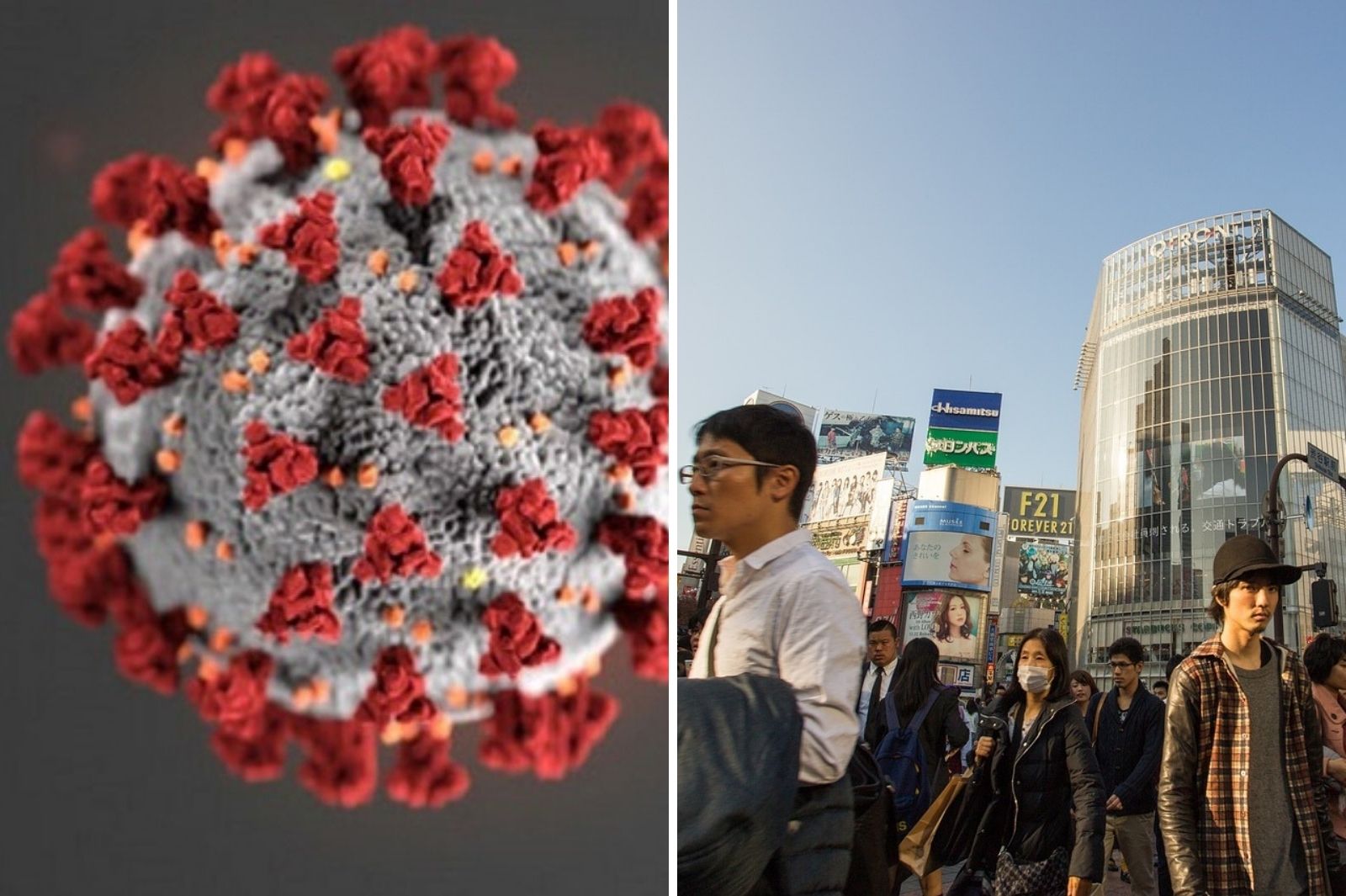Lecturers talk Covid research at major sociology conference
Date 6.09.2021

Sociologists from across the globe got double the value from the University of Northampton (UON) team, as two academics joined the line-up of presenters at an esteemed conference.
Senior Lecturers Associate Professor Federico Farini and Dr Athanasia Chalari addressed attendees with topical presentations at the European Sociological Association’s (ESA) annual conference last week.
The ESA aims to facilitate sociological research, teaching and communication between sociologists and other scientists and to give sociology a voice in European affairs, with a view to developing sociological knowledge.
The theme of the event this year was ‘Sociological knowledges for alternative futures’ and one focus was the coronavirus pandemic.
Dr Chalari’s presentation – with Irini-Efi Koutantou from the University of Essex – was entitled ’Lived experiences of Covid-19 crisis: The meaning making of a pandemic’.
Using relevant sociological literature about the concept of crisis, they talked about the ways meaning making is ascribed to Covid-19 through lived experiences of the pandemic during the April 2020 lockdowns.
Dr Chalari said: “ESA is the largest and most prestigious sociological conference in Europe so having two academics from UON presenting original research signifies the excellent research quality of our department”.
Dr Farini’s presentation – with Angela Scollan, Middlesex University – was called ‘Imagining the future: Intergenerational solidarity, agency, trust in primary school children’s narratives during the Covid-19 pandemic in London’.
It used data from a pre-existing piece of research UON is engaged in: CHILD-UP. This pan-European project commenced in 2019 is looking into the type of support migrant children receive from schools to integrate, and develop better ways for schools to help them.
Dr Farini adds: “This is a very timely presentation because is it based on actual data from children’s lives during the pandemic, so I believe it is quite unique.
“We recorded lessons in London schools, mostly in December 2020 following a four-week local lockdown and just before the third national lockdown.
“On return to school, teachers invited children to share stories of their experiences during that time. Children created stories to interpret and make others understand their realities, making sense of events in a situation of general uncertainty.
“Again, some very revealing findings followed. The ESA conference presentations were accessible for registered participants, but ours is available to see online following a previous talk.”